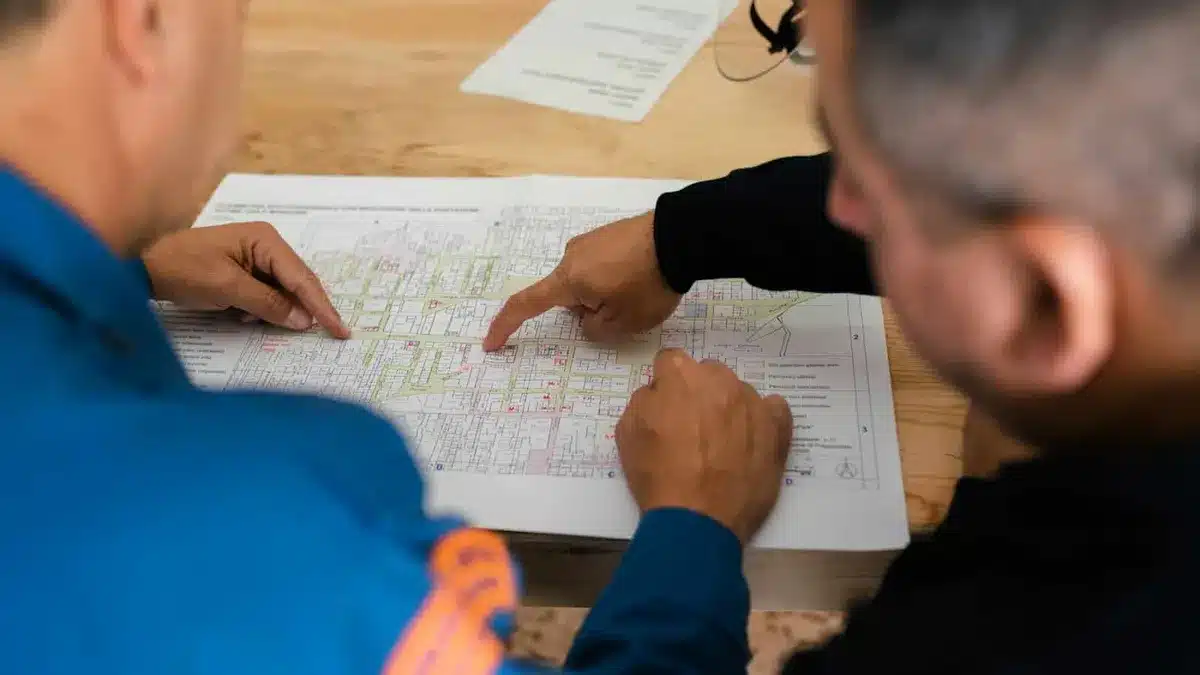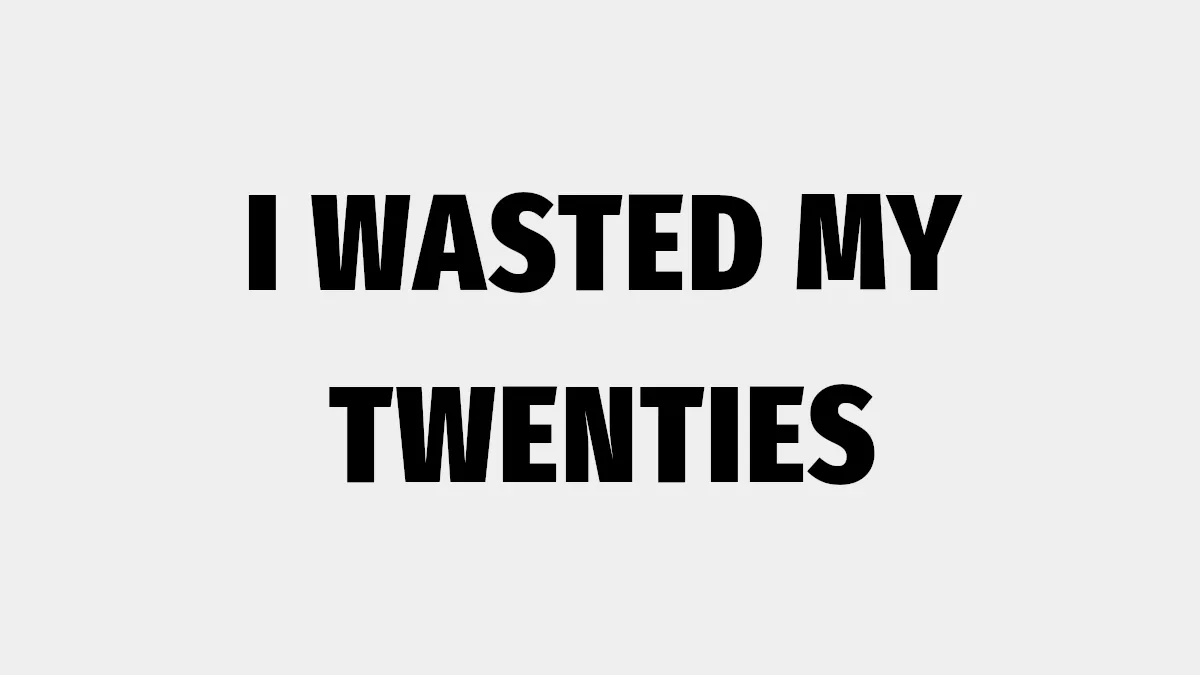If you’re reading this, you want to be better than you are now. But wanting to get into self-improvement and personal development isn’t enough. You need to know where your strengths and weaknesses lie and how to become your best self.
Over my years as a life coach and consultant, I’ve helped hundreds of clients become their best selves. For most people, it’s about having the self-confidence to do what you already know you should do.
Thousands of self-help books cover how to be your best self, here are twelve ideas to get you started.
1. Know Yourself Before You Better Yourself
Without self-awareness and understanding what you value, it’s impossible to be your best self.
Everyone has some sense of what is self and what’s important to them, but only genuinely self-aware people are certain. It takes a little self-reflection to figure it out, but it’s not that hard.
The areas of your life are all right there in your mind, but unless you get them out and put them on a piece of paper or a computer screen, you won’t be able to objectively consider your life as a whole. 30 minutes of mindfulness is all you need.
The mind struggles to hold more than four things in short-term memory simultaneously, and to try to make decisions about them while not forgetting is just too much work.
Instead, write the 7-15 areas of your life down, and then you’ll be able to look at your life and decide if things are missing or if there are parts you’re not addressing as much as you should. Check out this list for examples of areas you might have.
2. Goal Setting Sets You Up for Success
Jim Rohn famously said that “Your goals determine your bank balance.”
If he asked to see your list of goals, would you have a list to show him? Most people roughly know what they want to achieve, but few crystalize them and write them down on a goals list.
If you want to be roughly successful, then leave your goals rough. If you want to be precisely successful, then you had better make your goals precise.
Setting specific goals for the year gives you a target to aim for and a target to work toward. They motivate you and sometimes guilt you into doing more to progress.
3. Create Routines to Be Your Best Self
You won’t feel motivated every day. Some days you’ll wake up and feel sluggish or just not in the mood. It might be a sign that you’ve been working too hard or need a break, and if you feel exhausted for days in a row, you should reassess.
Don’t miss a day because you’re not feeling great. By creating a morning routine you follow daily, you can keep yourself productive, motivated, and feeling great.
A morning routine isn’t just giving yourself a bunch of work and then forcing yourself to do it each morning. It’s also an opportunity to make sure you start every day right. Then, depending on the things you include in your morning routine, you can change the focus.
- Add planning and task management if you have trouble focusing on what matters throughout the day.
- Add self-care or energy management if you often wake up feeling groggy.
- Add some exercise or physical activity if it’s something you often skip.
- Add reading or something intellectual if you want more mental stimulation.
Your morning routine doesn’t need to be a long list of items. Two or three things you do every morning can create powerful results. Make sure your morning routine makes you feel good and ready to take on the day!
4. Create Good Habits
There isn’t a list of good habits that improve the lives of everyone who employs them. We all have different values, and while getting strong may be the most important thing to you, someone else may value reading more.
- Wake up early
- Read everyday
- Workout everyday
- Eat healthily
- Keep a gratitude journal
- Practice daily affirmations
5. Quit Your Bad Habits
Similar to good habits, it isn’t always clear what is a bad habit. So you need to decide what are bad habits for you and figure out how to overcome or avoid them.
For some, drinking a few beers doesn’t give any cause for concern, while it’s the start of a downward spiral for others. If you find that something causes you to be less productive, less motivated, less happy, or fills you with regret, it’s a bad habit, and you should try to remove it from your life.
Here are some common bad habits; figure out if they cause problems.
- Staying up late
- Alcohol
- Coffee
- Junk Food
- Social Media
- Passive Consuming
6. Start Hobbies You Love
Hobbies serve a useful purpose. They help to balance your life. You can’t work all the time, and if you do, you’ll eventually run out of steam. Hobbies give your body and mind something else to focus on.
If you don’t have any hobbies, think back to what you enjoyed when you were younger. Does it still excite you?
- Hobbies for Nerds: A Journey Through Geekdom
- Hobbies for Men in Their 30s: Things Change, So Should You
- 86 Best Indoor Hobbies List
7. Take Personal Responsibility for Your Life
The move from childhood into adulthood is complicated, and different people go through it at different times in their lives.
When you’re a child, your parents have a certain amount of responsibility for your life. That might manifest in them giving you money, making you food, ensuring you study and get good grades, etc. The development into an adult should be a process of learning to take those responsibilities from your parents and putting them squarely on your own shoulders.
But it doesn’t always happen.
I know people in their 30s that still live at home and whose parents still wash their clothes. They have their reasons or excuses, but ultimately they didn’t take responsibility for their own lives at the appropriate time, and now they’ve fallen into a rut.
The solution is to do it now. It means a considerable drop in lifestyle. You no longer have a lovely house or someone who cooks and cleans for you. No longer do you have people there to tell you not to worry. You might have to get a crummy apartment and eat cheap meals you cook yourself. But you’ll understand what it means to be responsible for your life.
Quickly you’ll see what you need to do to improve your life. It may be getting a better job or upgrading your skills. You can do it, and you’ll be on the way to being your best self as soon as you start.
8. Work on Your MIT Everyday
It doesn’t take superhuman work ethic to achieve the things you want in life or become a success. You can be your best self by following this one tip, work on your MIT.
What is an MIT? It’s your most important task.
I get it. You’re busy; we all are. But it’s too easy to get bogged down in busyness that doesn’t move the needle. Sure, you need to email those people back and send that report to your client, and yes, your wife asked you to take out the trash, so you better do that too. But first, why not do the thing that will make a difference in your life?
If you’re trying to start a business on the side so you can quit your job and live the life you’ve always wanted for you and your family, you better prioritize those tasks that are going to make a massive difference to your new business, rather than leaving them for the end of the day when you’re already tired, and you do your worst work.
Those first couple hours of the day when you feel energized and work seems to go so much easier should be reserved for your most important task, your MIT.
9. Balance Your Life
If you created the list of the areas of your life I suggested above, take it out and look at your life. Where do you spend most of your time? Is it at work? On your social life? Is it on leisure, like watching Netflix or playing video games?
With that simple list, you can quickly and easily see if your life is out of balance. You can see where most of your energy is going and which areas your not paying attention to. Of course, there are times when you should be wholly focused on work or spending most of your time with your family, but over the long run, you need to have some kind of balance.
Your idea of balance doesn’t need to mean that you spend equal time in each area. For example, if you spend most of your time at work and only get a few hours a week with your family and you feel fine with that, then you feel fine.
But if you look at your areas and feel like you spend too much time in this area or not enough in that, it’s time to change things up, a little life management can make a huge change in who you are.
10. Take Time Off
Time off offers space for reflection. It’s hard to see the changes you should make when you’re in the middle of projects and under a heavy workload. But when negative thoughts creep into your mindset, psychologists recommend you take a step back and some time off.
Strategically taking time off when appropriate might help to resolve issues you never even knew were there. For example, the vacation and spending time on the beach with your kids make you realize, “I do work too much, and they’re getting older, and I don’t want to miss it.”
Without the distance from your everyday life, you might not have had that revelation.
11. Give Back
Teaching others what you have learned over a lifetime of experience is a way to become a better version of yourself. Not only is it a philanthropic act, but it also forces you to clarify your own understanding.
Before you can teach someone about business, relationships, or any other aspect of life, you need to sit down and think hard about what your experiences have taught you and what you believe. Most people have a general idea, but codifying them into something you can teach someone else is a valuable experience in itself.
Not all of us have the time or experience to go and become a mentor for someone coming up. But we can all give to those less fortunate. There are thousands of charities set up to make this easy for you. It just takes a click.
12. Create a Second Brain
You must stop relying on your brain to become the best version of yourself.
The human brain is a fantastic thing. There are few things as complex. It can create connections and creative ideas better than any computer ever designed. But if you give it ten things to remember, it will forget four.
There is an infinite amount of data around us all the time. Look around and think about how many colors exist in your room. Then think about how many shapes there are, objects, etc. Your brain is processing all this data and making decisions on what data to ignore.
With all this information coming at us in the world, through our screens, and from other people, we need a system better than our brains to consciously store the important stuff.
A second brain is the answer.
A second brain is a digital system for storing information. Sometimes called a personal knowledge management system, it uses software like Obsidian to create a second brain. One that connects ideas but doesn’t forget the things you store inside.
Pick One Thing
Don’t try and implement all of these ideas at the same time, it will only overwhelm you. Instead, choose one thing and see how it affects your life. If you notice an improvement, maintain it and add something else. Over time you will become a better version of yourself and closer to fulfilling your potential.
Meet Gregory, a writer and the brains behind Face Dragons. He's the go-to guy for getting things done.
Gregory's been living the digital nomad life in Asia for as long as anyone can remember, helping clients smash their goals. He writes on topics like software, personal knowledge management (PKM), and personal development. When he's not writing, you'll catch him at the local MMA gym, nose buried in a book, or just chilling with the family.







